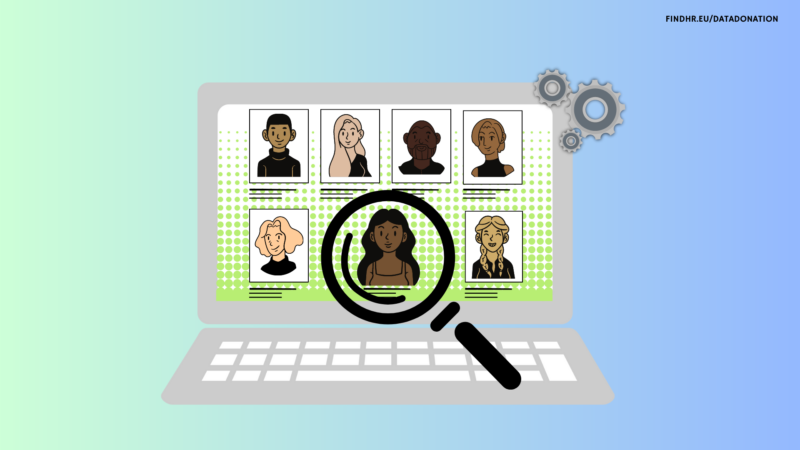
Help us fight injustice in hiring!

Press release
New study on AI in the workplace: Workers need control options to ensure co-determination

New study highlights crucial role of trade unions for algorithmic transparency and accountability in the world of work

Correlation, causation & proxy variables?

Reviewing essential features of AI-based systems for works councils and other staff representatives

People analytics in the workplace – how to effectively enforce labor rights

People Analytics must benefit the people

Controversial service that ranked job seekers based on personal emails folds following AlgorithmWatch investigation

Defective computing: How algorithms use speech analysis to profile job candidates

Personal Scoring in the EU: Not quite Black Mirror yet, at least if you’re rich
